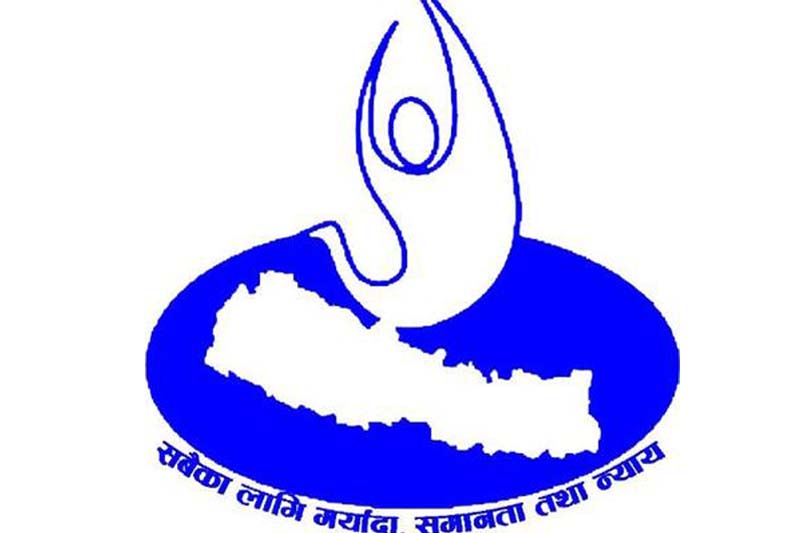NHRC reports dismal state of Nepali women
Kathmandu, February 15
Though participation of women is increasing in political and public spheres, the progress is not satisfactory. Majority of women do not have access to economic resources.
According to the recently released annual report of the National Human Rights Commission, the trend of recognising household work as labour has not improved in the case of women. Financial dependence on men continues and women have suffered more as a result of harmful social practices, discrimination, exploitation, injustice and exclusion. “Practice of dowry and child marriage continues unabated. Physical assault on women on witchcraft allegation and beating, setting ablaze and killing wife or daughter-in-law by family members are also prevalent. Incidents of domestic violence and rape are reported everyday. Social malpractices such as jhuma, deuki and chhaupadi have not ended,” it reads.
According to the NHRC report, women especially the poor, helpless, single ones in remote areas are politically, economically and socially victimised.
Lack of legal knowledge, financial problems and social pressure have denied the victims access to justice. Recently, there has been some progress in terms of political, economic, social and cultural rights of women.
After the policy of inclusion was enforced constitutionally and legally, women’s participation in the state bodies has been increasing gradually. “After the country adopted federalism and held three tiers of election, women’s participation and representation in politics has increased, but they still lag behind,” reads the report.
At the local level, 14,352 women have been elected chiefs, deputy chiefs, ward chairs and members. In provincial assembly and the House of Representatives, 17 and six women were elected, respectively. Likewise, 21 women represented in the National Assembly. “Despite these, the constitutionally envisaged 33 per cent representation of women has not been enforced in the Council of Ministers and in parties’ leadership,” it reads.
The rights of women have been established in various instruments.
Article 1 of the Universal Declaration of Human Rights states that all are born free and are equal in dignity and rights. According to Article 2 of the UDHR all rights shall be enjoyed equally and without gender-based discrimination.
Similarly, Convention on Elimination of All Kinds of Discrimination Against Women obliges the state parties to protect the rights of women in legislations, dissolve discriminatory provisions in the national legislation and formulate new legislation for the protection of women’s rights to end discrimination against them.
The constitution states that women shall not be subjected to any kind of physical and mental violence, and such acts shall be punishable by the law.






